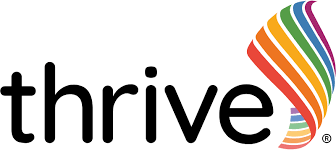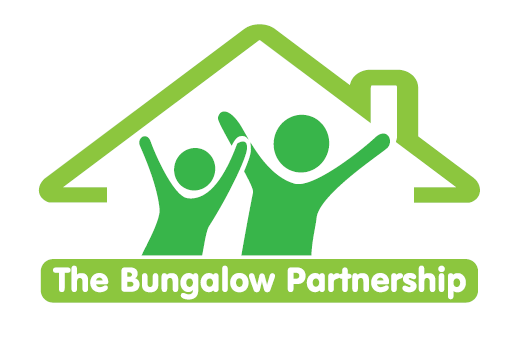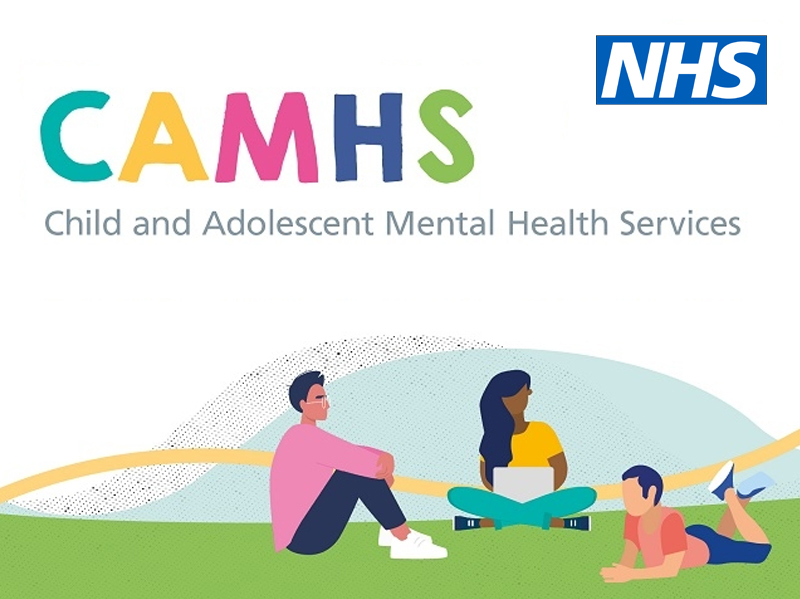Our approach:
Promoting good mental health, and supporting children with social, emotional and mental health needs, is core to the work we do at Hardwick Green. We have a 'whole school approach' to mental health, which is led by our Academy Senior Wellbeing &b Safeguarding Lead, Miss Howarth. Miss Howarth works with the Mental Health Support Team, delivered by Alliance, to develop our whole school approach.
We offer different levels of support:
- Universal support to meet the needs of all our pupils through our overall ethos and wider curriculum. For example, our PSHE curriculum, whole-class Thrive sessions and our school values of RESPECT
- Additional outside agency support for those who have short term need and those who may have been made vulnerable by life experiences such as bereavement.
- Targeted in school support for pupils that need differentiated support and resources or specific targeted interventions such as; 'Drawing & Talking' therapy or small group Thrive sessions,
Universal support:
Thrive:

The 'Thrive Approach' is at the core of our philosophy. Thrive is a therapeutic approach to help support children with their emotional and social development. The Thrive approach offers practical strategies and techniques and is built around online assessments which identify children’s emotional development and provides action plans for their individual, group or whole class needs. Each class has a Thrive action plan and ALL children in school benefit from this approach.
Research has shown that how we behave is linked to how we feel and our emotions are linked to how we learn. By teaching children to recognise and notice these feelings and emotions it can help with their development and learning.
Thrive promotes their emotional and social growth by building positive relationships between a child and their peers and helps them explore and understand their feelings through various activities.
PSHE - Jigsaw:
Jigsaw is our comprehensive PSHE curriculum from Nursery to Year 6. It brings together PSHE Education, emotional literacy, social skills and spiritual development in a comprehensive curriculum. All children take part in a weekly Jigsaw PSHE lesson - please see the PSHE curriculum page on the website for more detail.
Personal Development:
We have a wide-ranging Personal Development curriculum that extends far beyond the academic, to allow pupils to develop in many diverse aspects of life. Opportunities for all include school trips and residentials, learning musical instruments, participating in sporting competitions and taking part in fortnightly philosophical enquiries. You can read more about our Personal Development curriculum here.
Children who need additional support
We know that children sometimes need some extra support with their emotional growth and this can be temporary or over a longer period of time.
Many children experience difficulties during their time at school. These may include:
-
Difficulties with friendships.
-
Getting into trouble at playtime.
-
Finding it hard to settle in the classroom.
-
Finding it difficult to manage their strong feelings.
-
Not knowing who to turn to when feelings are too big to manage on their own.
These situations can lead to many different feelings which may seem overwhelming at times. They might include: anger, frustration, sadness, loneliness, confusion or anxiety.
To provide support for these difficulties, we can provide targeted in school support or we can use additional outside agency support.
Targeted in school support:
Thrive
In addition to the whole class sessions, children who need additional support can have small group or individual Thrive sessions
The session may be on an individual basis or as part of a small group of children. During each session there will be an activity which may include:
-
Story telling
-
Circle games
-
Arts and crafts
-
Sand play
-
Movement and relaxation
-
Hand and foot massage
-
Role play and puppet work
There is a Thrive practitioner in each phase of school. Miss Howarth, Mrs Walker, Mrs Pursey and Mrs Hugill are all Thrive Practitioners in school.
Drawing & Talking

Drawing and Talking allows children to discover and communicate emotions through a non-directed technique, setting it apart from existing solution-focused and cognitive-based therapies and interventions. As an attachment-based therapeutic intervention, Drawing and Talking Therapy is designed to complement CAMHS and other specialist therapies.
Additional Outside Agency Support:
The Bungalow Partnership:

We have well-established links with 'The Bungalow Partnership', and play therapists from Bungalow provide one-to-one therapeutic support for children where appropriate. When school feel it is necessary and appropriate, they will refer to and fund a block of therapeutic input. The therapy usually takes place in school and lasts for 6 to 12 weeks. For further information about the service, please visit: www.bungalowpartnership.co.uk
Applied Psychologies:

School have a service level agreement (SLA) with Applied Psychology. The SENCO directs the work of the Educational Psychologist working in school through agreeing referrals with parents for their child to access the service. One of the many roles of the EP is to support and advice school and parents in ways to help children with mental health and well-being concerns. The EP could also request the consent of parents to refer their child on to other agencies where deemed necessary.
Alliance Mental Health Support Team:

School have access to the team to support Low Level mental health needs. This service is used to address early signs of mental health concerns. Parents can contact the service themselves to discuss their concerns and make referrals. School can (with parent consent) make referrals based on concerns that they have. https://www.alliancepsychology.com/young-people/support-request/
CAMHS Stockton:

School work in partnership with parents and other professionals to make appropriate CAMHS referrals for children who exhibit any mental health difficulties including ADHD, ASD, Attachment difficulties, Anxiety. School then works in partnership with CAMHS and parents to support assessment and providing the recommended support in school for individual children. For further information about the service go to www.tewv.nhs.uk